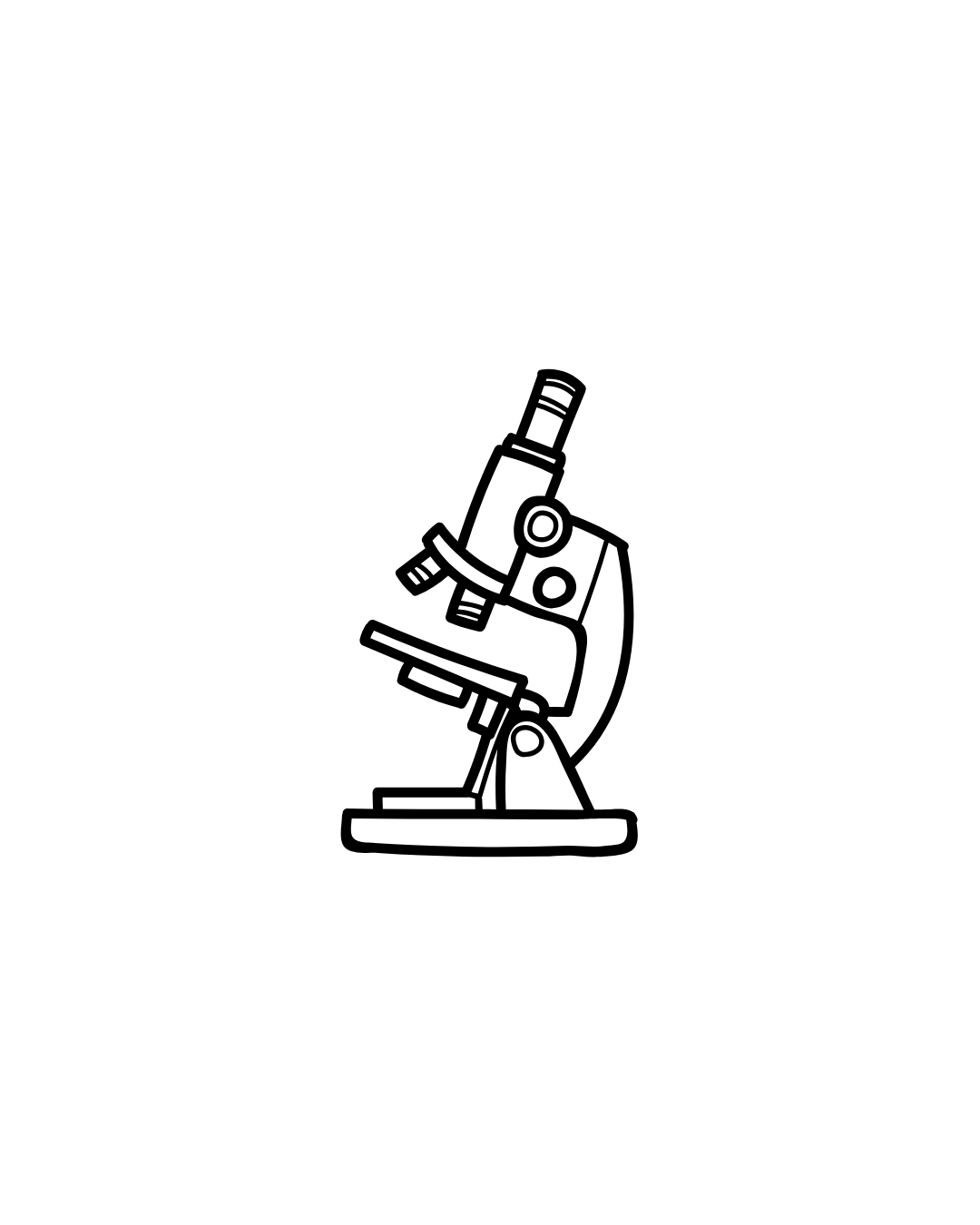Description
Overview of Diploma in Vocation (D.Voc) in Laboratory Skills for Science
The Diploma in Vocation (D.Voc) in Laboratory Skills for Science is a practical-focused program designed to equip students with essential laboratory skills and knowledge necessary for a wide range of scientific fields. This program prepares students to work effectively in various laboratory settings, such as clinical laboratories, research facilities, educational institutions, and industrial sectors. Graduates will acquire the foundational skills required for conducting experiments, analyzing samples, and ensuring laboratory safety protocols.
Core Areas of Study in D.Voc in Laboratory Skills for Science
Basic Laboratory Techniques
Learning standard procedures for conducting experiments, including sample collection, preparation, and analysis.
Safety and Laboratory Management
Understanding laboratory safety protocols, including the proper handling of chemicals, equipment, and biological samples to ensure a safe working environment.
Chemical Analysis
Gaining proficiency in analytical techniques for the qualitative and quantitative analysis of chemical substances.
Biological Techniques
Learning molecular biology techniques such as DNA extraction, PCR (Polymerase Chain Reaction), and basic microbiological methods.
Instrumentation Skills
Familiarization with laboratory equipment such as microscopes, spectrophotometers, centrifuges, and chromatographs, and understanding their applications.
Data Management and Analysis
Developing skills in recording, analyzing, and interpreting scientific data, including the use of software tools for data analysis.
Research Methodology
Understanding the scientific method, experimental design, and how to conduct research effectively in a laboratory setting.
Quality Control and Assurance
Learning principles of quality management in laboratory practices, including good laboratory practices (GLP) and standard operating procedures (SOPs).
Curriculum Structure
A typical Diploma in Vocation in Laboratory Skills for Science program may include:
Core Courses: Subjects covering laboratory techniques, safety practices, chemical and biological analysis, and data management.
Hands-On Training: Practical laboratory sessions where students gain direct experience with equipment and techniques used in scientific research.
Internships or Projects: Opportunities to work in actual laboratory environments, allowing for the application of skills learned during the program.
Admission Requirements
Admission to the D.Voc in Laboratory Skills for Science program typically requires:
A high school diploma (or equivalent), preferably with a focus on science subjects such as biology, chemistry, and mathematics.
Some institutions may require an entrance exam or interview.
Skills Developed in the D.Voc in Laboratory Skills for Science Program
Graduates of the Diploma in Vocation in Laboratory Skills for Science will acquire essential skills, including:
Technical Proficiency: Ability to conduct experiments competently, including the use of various laboratory instruments and techniques.
Attention to Detail: Strong focus on precision in laboratory practices, data recording, and analysis.
Problem-Solving Skills: Capability to troubleshoot experimental issues, perform quality checks, and modify protocols as necessary.
Communication Skills: Skills for effectively communicating scientific findings and collaborating with team members in research settings.
Time Management: Ability to manage multiple tasks and experiments efficiently within the laboratory environment.
Career Opportunities
Upon completion of the D.Voc in Laboratory Skills for Science program, graduates can pursue various career paths, including:
Laboratory Technician
Conducting tests and analyses in clinical, environmental, or industrial laboratories.
Research Assistant
Supporting scientific research projects by performing experiments, collecting data, and maintaining laboratory equipment.
Quality Control Analyst
Ensuring products meet safety and quality standards in manufacturing or pharmaceutical companies.
Clinical Laboratory Scientist (with further studies)
Working in medical labs to perform tests on patient samples and assist in diagnostics.
Environmental Technician
Monitoring and analyzing environmental samples to assess pollution and recommend corrective actions.
Conclusion
The Diploma in Vocation in Laboratory Skills for Science program provides students with a strong foundation in essential laboratory practices and techniques. By combining theoretical knowledge with practical experience, graduates are well-prepared to enter the workforce in various scientific sectors and contribute positively to research and laboratory environments. If you have any further questions about the D.Voc in Laboratory Skills for Science or related topics, feel free to ask!









